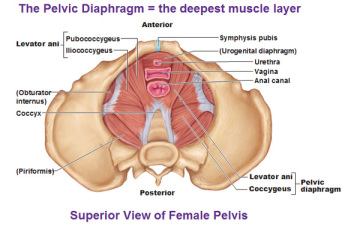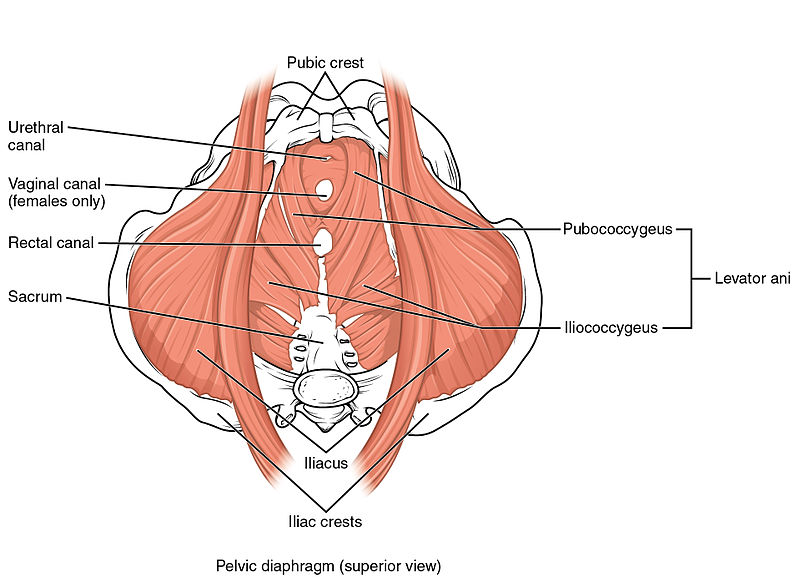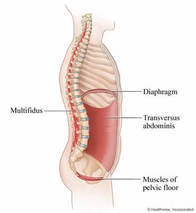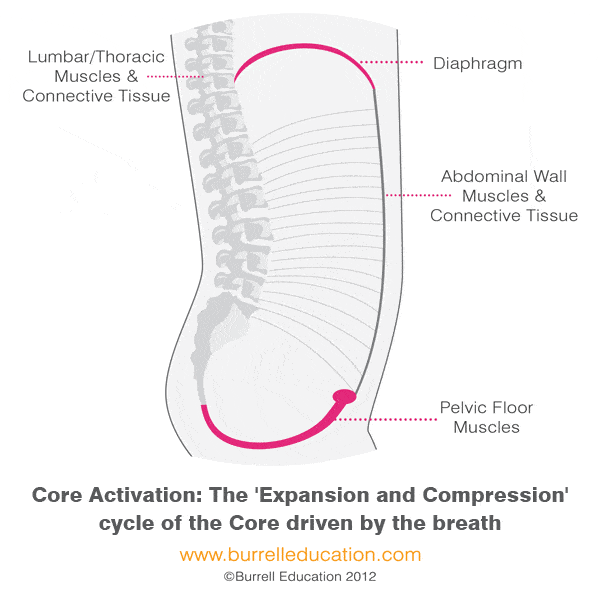During the spasms similar to other muscles that cramp a pelvic diaphragm spasm can feel like a sharp strong contraction of the muscle that results in a balled up feeling of the tissue similar to a knot.
Pelvic floor diaphragm muscle spasms.
It s quite similar to the kind of cramping you d experience in another body part like your calf or foot and it can be very painful.
Pelvic floor spasm is a common cause of pelvic pain that involves involuntary contractions of the pelvic floor muscles which support the uterus vagina bladder and rectum.
Your pelvic floor is the group of muscles and ligaments in your pelvic region the pelvic floor acts like a.
The mainstay of treatment for pelvic floor spasm is physical therapy pt that consists of myofascial release posture improvement and muscle stretching exercises.
6 the goal is to help relax the muscles not to strengthen them.
If you re a woman you may also feel pain during sex and if you re a man you may have problems having or keeping an erection erectile dysfunction or ed.
Therefore kegel exercises which are often inappropriately applied as generic physical therapy can make the symptoms worse.
Pelvic floor muscle spasm can be either primary there is no underlying cause or secondary there is an identifiable underlying cause.
When the muscles tighten or spasm people may have trouble urinating or passing stool.
The pelvic floor is made up of muscles.
This usually starts in the teen years but certainly.
People with pelvic floor dysfunction may have weak or especially tight pelvic floor muscles.
This typically involves a course of treatment with weekly to biweekly office sessions over 8 12 weeks.
Pelvic floor therapy with biofeedback and stimulation collectively referred to here as pft is the chief strategy that works to relieve problems associated with pelvic floor spasm.
What does a pelvic floor spasm feel like.
Relaxing muscles with physical therapy.
Pelvic floor dysfunction is a common condition where you re unable to correctly relax and coordinate the muscles in your pelvic floor to urinate or to have a bowel movement.
Pain or pressure in the vagina or rectum frequent urges to urinate or pain when urinating obvious muscle spasms similar sensation to other areas in the body dysfunction in the bowel a heavy feeling in the pelvic area if you have muscle spasms in the pelvis you may.
The symptoms of pelvic floor muscle spasms generally feel like this.
The small puborectalis pubococcygeus and iliococcygeus muscles together are called the levator ani which along with the coccygeus muscle forms the pelvic diaphragm.



















